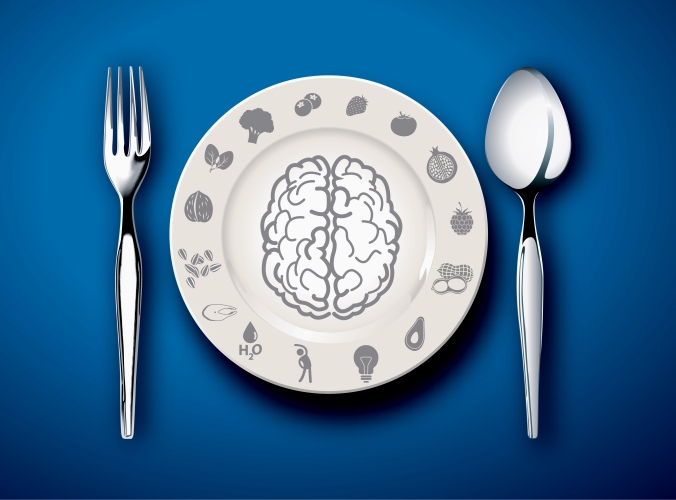
With some warmer weather now appearing, it’s a great time to get outdoors and do some exercise in the open air. And there’s no better time to enjoy a bike ride.
One of the many advantages of cycling is that it’s an activity that can equally be enjoyed as a family or singularly and it’s great exercise for the heart, lungs, and legs. But how can you ensure you’re your body is properly fuelled and hydrated in order to get the most out of your rides?
Clinical Nutritionist Suzie Sawyer shares her five top tips for hydrating and snacking on your bike rides.

Bananas
Bananas are a great ‘on-the-go ‘snack! They are not only high in energising vitamin B6, but they’re loaded with potassium, which is an electrolyte, so helps prevent dehydration.

Most of us can digest bananas well; you can often see tennis players eating them in between sets. However, they are relatively high in starch which some of us can have trouble breaking down. The point being, that if you’ve never eaten one previously, perhaps try eating one before you take one on a bike ride as your snack, just to make sure.
Dates
Dates are rich in both glucose and fructose so can provide quick energy when needed. As their sugar content is high (around 80%), they’re best not eaten all the time, but do provide a treat and great energy-boosting snack during your cycle ride.

Dates are also loaded with magnesium and potassium, key electrolytes which help prevent dehydration and are easy to digest, so won’t cause any tummy troubles.
Sandwiches
You’ll need all three key macronutrients during the day, and much of this can be provided by the right kind of sandwiches.

An easy and effective way of including protein, fat and carbohydrate into your sandwich is to spread nut butter with some jam. Peanut butter is of course a favourite for many people, but do remember, whilst peanuts are high in protein, they are not tree nuts, therefore lack any of the advantages of the essential fats. If you can switch instead to cashew, almond, walnut, or hazelnut butters, your body will be getting many more beneficial nutrients.

Wraps are also an easy to pack option, and cream or cottage cheese, avocados, turkey, or eggs make great fillers and will provide much-needed macronutrients.
Energy bars
You can either buy ready-made energy bars which are high in carbohydrates, therefore providing energy or even better you can make your own muesli, flapjack, or granola slices.

Generally, these all contain oats and nuts, as well as seeds which will help support your energy levels. In essence, oats are what’s commonly referred to as slow release, meaning they take longer to be digested in the stomach. They are also rich in energising B-vitamins as well as magnesium which will help electrolyte balance and hopefully avoid any unpleasant cramps.
Importantly, any kind of energy bar will ‘hit the spot’. Bars that are mostly made of dried fruit will provide a quicker boost. Dried fruits, especially raisins and apricots, are also high in iron which helps with energy, plus vitamin C to support immunity.
The importance of hydration
If you’re planning a long ride, then being properly hydrated the day before is as important as hydrating on the day itself. Make sure you’ve had at least 1.5 litres of water the day before (more if you’re exercising in the heat) and have around 500ml of water with breakfast before setting out.

You’ll probably need to top up with around 200ml just before you start, and then make sure you keep liquid intake high throughout the day – at least every 20 minutes or so. Again, depending on the length of the ride, you might want to take some slightly diluted water with fruit juice with you as this helps the body to rehydrate quicker.
If the weather is hot, then hydration becomes even more important. Essentially, if you’re feeling really thirsty, you’re already dehydrated so try to be ahead of this.
So, load up your backpack or saddle bags with some nutritional goodies, and keep your energy up for those lovely bike rides this summer.
FOR MORE GREAT NUTRITION AND LIFESTYLE ADVICE:
Sign up to receive our blog and get a weekly dose of the latest nutrition, health and wellness advice direct to your inbox.
Follow us on Instagram @feelaliveuk for nutrition, lifestyle and well-being tips.
Visit us at www.feelaliveuk.com for the latest offers and exclusive Alive! content.
Follow and Chat with Suzie on Twitter @nutritionsuzie
For everything you need to know about vitamins, minerals and herbs visit our sister site Herbfacts
All images: Shutterstock




















































